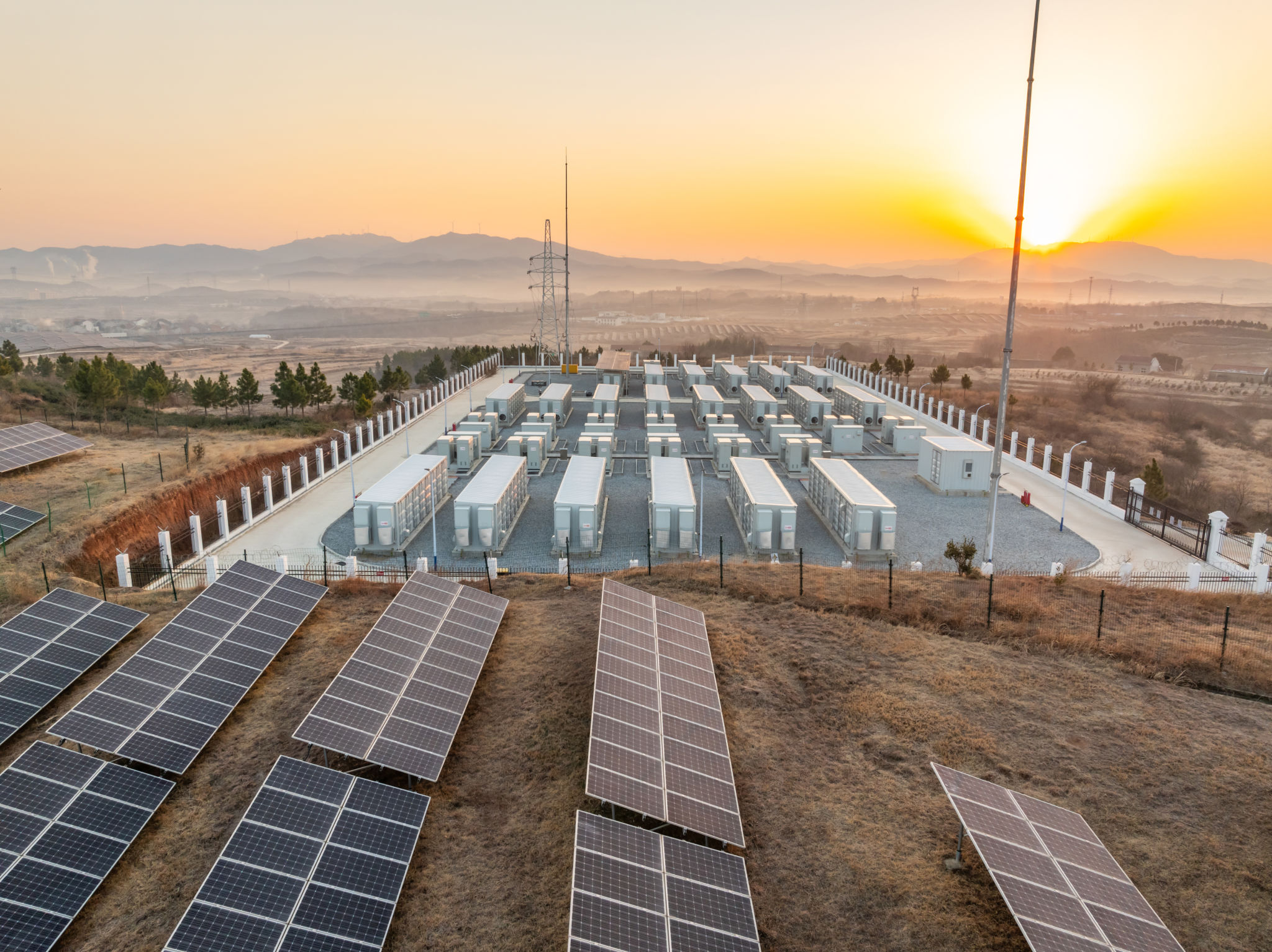The Future of Renewable Energy: AI and Innovation
Introduction to AI in Renewable Energy
The renewable energy sector is undergoing a transformative phase, thanks to the integration of Artificial Intelligence (AI) and cutting-edge innovations. These advancements are not only enhancing the efficiency and reliability of renewable energy systems but also paving the way for a sustainable future. In this blog post, we will explore how AI is revolutionizing the renewable energy landscape and what it means for the future.

AI-Driven Predictive Analytics
One of the most significant contributions of AI in renewable energy is predictive analytics. AI algorithms can analyze vast amounts of data from different sources, such as weather patterns and historical performance, to forecast energy production. This capability allows for more accurate predictions, helping grid operators and energy providers to optimize energy distribution and reduce waste.
For instance, wind and solar energy production can be highly variable due to their dependence on weather conditions. AI models can predict these fluctuations with high precision, enabling better grid management and reducing reliance on fossil fuel backup systems.
Enhancing Energy Storage Solutions
Another area where AI is making strides is in energy storage solutions. Efficient storage is crucial for balancing supply and demand in renewable energy systems. AI technologies are being used to optimize battery performance and lifecycle management, ensuring that stored energy is utilized effectively.

Smart Grids and AI Integration
Smart grids are becoming increasingly important as they allow for the integration of various renewable energy sources. AI plays a pivotal role in managing these complex systems by optimizing energy flow and ensuring stability. Through machine learning algorithms, smart grids can adapt to real-time changes in energy demand and supply, minimizing downtime and maximizing efficiency.
Moreover, AI can aid in fault detection and predictive maintenance, reducing operational costs and enhancing the reliability of the power infrastructure.
AI in Energy Consumption Management
AI is not only transforming energy production but also consumption. Smart home systems equipped with AI can learn user behavior patterns to optimize energy usage, resulting in reduced energy bills and environmental impact. These systems adjust heating, cooling, and lighting based on preferences and occupancy, offering a seamless and efficient way to manage energy consumption.

The Role of Innovation in Renewable Energy
Innovation continues to drive the renewable energy sector forward. From developing new materials for solar panels to creating more efficient wind turbines, technological advancements are crucial for improving the output and reducing costs of renewable energy solutions. Coupled with AI, these innovations are accelerating the shift towards a more sustainable energy future.
As technology evolves, we can expect to see even more groundbreaking solutions that address current challenges, such as energy storage and grid integration.
The Future Outlook
The future of renewable energy looks promising with AI and innovation at its helm. As these technologies mature, they will likely lead to even greater efficiencies and cost reductions, making renewable energy more accessible worldwide. Governments and businesses are increasingly investing in AI-driven solutions, recognizing their potential to transform the energy landscape.
In conclusion, the synergy between AI and innovation is set to redefine the boundaries of what is possible in renewable energy. As we continue to explore these advancements, we move closer to a future where clean, sustainable power is not just an option but a standard.
